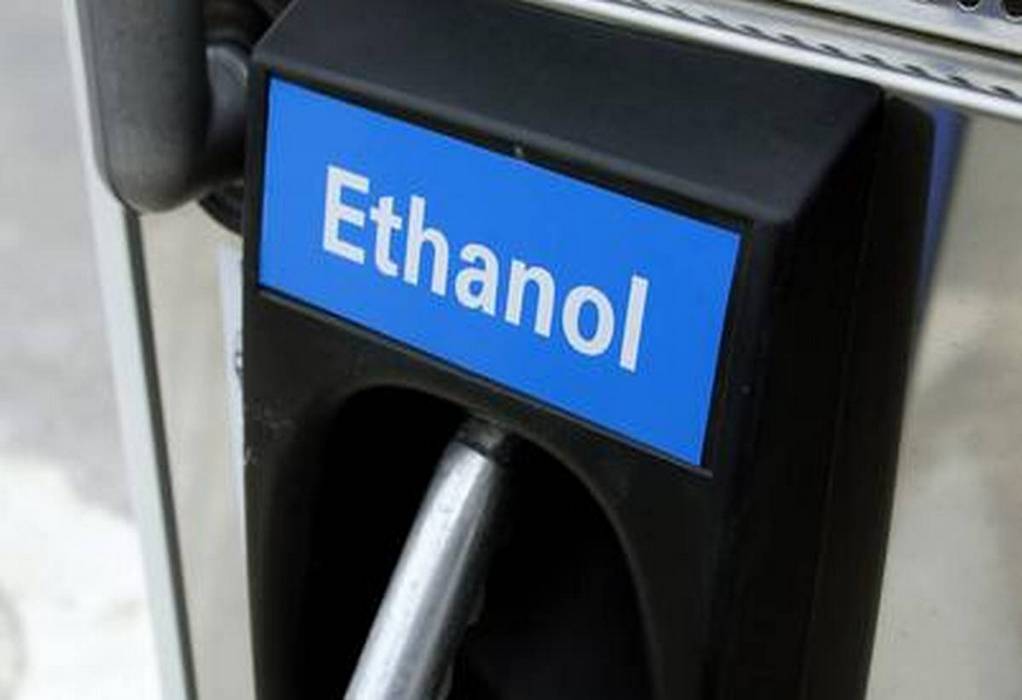Ethanol blending in petrol has risen to 8.1% in the year 2020-21, up from 5% in the previous year and 1.5% in 2013-14, thanks to a raft of policy measures that helped increase supply through a combination of assured purchases at government-set remunerative prices and interest subsidy for production capacity expansion.
The government has been aiming to increase the share of biofuels in the transportation sector to cut dependence on oil imports, which account for 85% of the domestic needs. Petrol makes up 15% of oil consumption in the country and a 10% substitution by ethanol could bring down oil imports by 1.5 percentage points.
As more supplies become available, the blending ratio is expected to reach 10% this ethanol year, which began last month. “Limited supply was the biggest constraint. The government has addressed this by providing a supportive policy regime,” said Abinash Verma, DG, Indian Sugar Mills Association
Tags: Biofuels, Ethanol, Petrol

Recent Posts
Bhutan moves towards green transition
GCMD completes biofuel supply chain trials with Hapag-Lloyd
Airbus partners with Avolon on hydrogen aviation
Nuclear power transition more safe option for decarbonisation than coal
ABS presents industry’s first advisory on ammonia bunkering
AW Shipping orders multiple dual-fuel vessels from China
HIF Global partners with Airbus to advance development of SAF
ASL Aviation signs agreement with ZeroAvia for retrofit